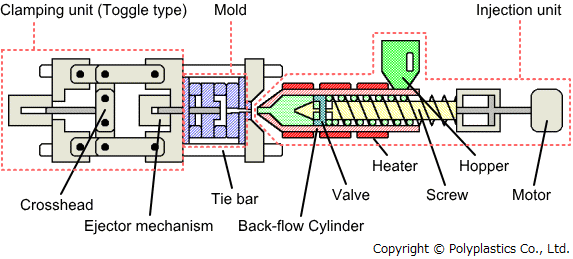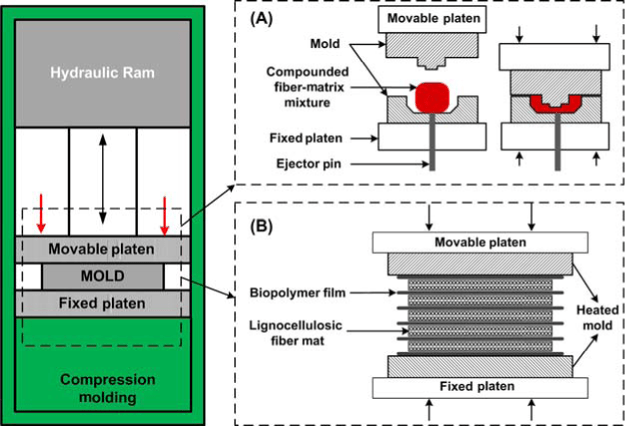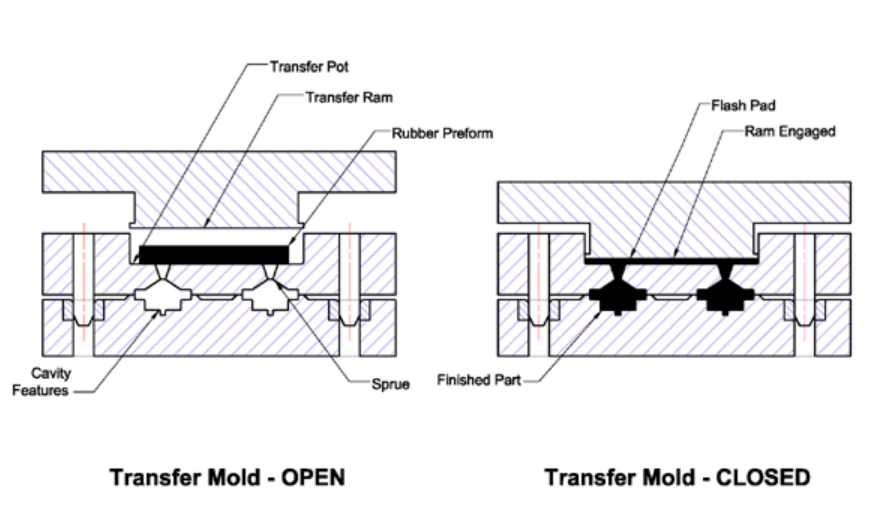
SMCBMC high-quality components one-of-a-kind electrical components to meet your most exacting specifications.We also excel at creating for appliances help make any large home appliance distinctive and reliable. Our end goal is to provide the highest-quality injection molded.
We are specialised in the following material moulding processes:
● Bulk Moulding Compound (BMC)
● Sheet Moulding Compound (SMC)
● Bakelite
● Phenolic Molding Compounds (PF)
● Melamine (MF)
● Epoxy (EP)
● Urea Resign (UF)
● Unsaturated Polyester Resin (UP)
Injection Moulding:
The injection moulding process is the most efficient manufacturing process, also when it comes to processing thermosets. Free flowing thermosets are suitable, and in combination with special feed units (tamping device), so are BMC thermosets as well. With our state-of-the-art facilities it is possible to overmould inserts using robot, while post-treatment is fully automated.
Thanks to the use of robots and feeding technology, our injection moulding processes are all fully automated.

Compression Moulding:
Compression moulding offers many advantages during the production process and to the properties of its components. Compressed parts have a higher durability than parts manufactured using the injection moulding process. They do not have a visible injection gate, very low shrink, and they have a higher surface quality. It is very easy to change the material and colour. Therefore the compression moulding is ideal for small batch sizes.
In combination with pressure and temperatures of 130 to 180° C, thermosets react as a chemical process, thus generating the high forces of resistance typical for this material. Thermoset materials can be processed in the form of granulates, powders, tablets, SMC mats or BMC compounds. The production cycle time strongly depends on the handling (insertion, screwing into the thread, etc.) as well as on the curing time.

Transfer moulding:
Transfer moulding is a solution for multicavity molds. Similar to the injection moulding method, free flowing masses with maximised flow characteristics are required.
The cycle times are shorter than during the conventional pressing method due to the fact that the material absorbs additional friction energy when flowing through the narrow sprueing channels, hence allowing it to react quicker than during the plain pressing process.
